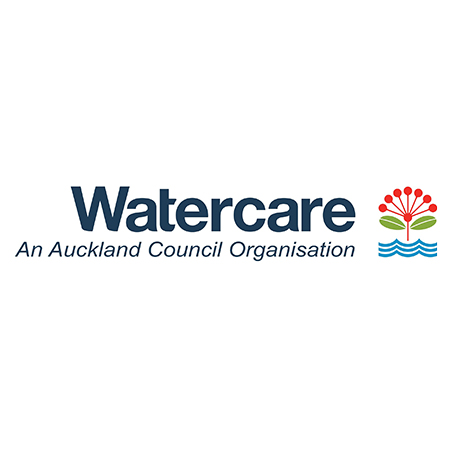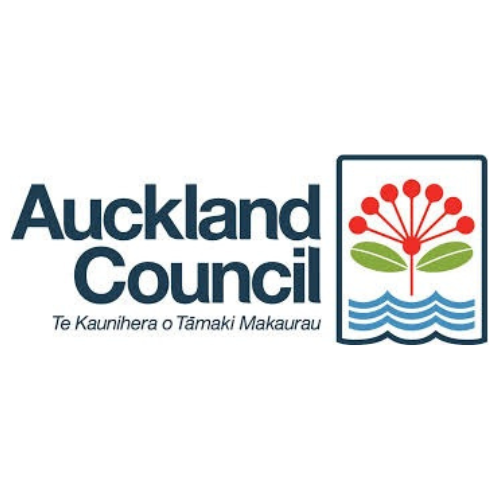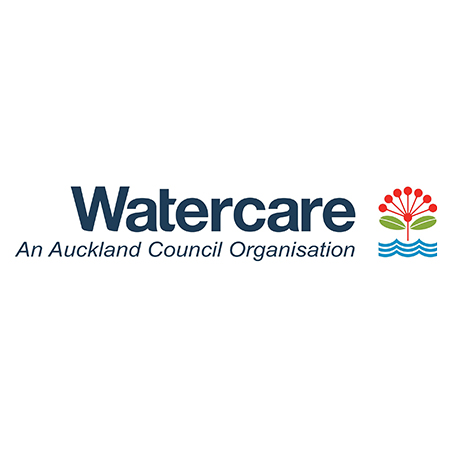As a proud signatory of the Climate Leaders Coalition, Watercare is pleased with the group’s new Statement of Ambition that ups the ante for business action on climate change.


As a proud signatory of the Climate Leaders Coalition, Watercare is pleased with the group’s new Statement of Ambition that ups the ante for business action on climate change.

Toyota NZ chief executive Neeraj Lala has been elected to the steering committee of the Climate Leaders Coalition (CLC).
The CLC is a group of businesses committed to progressing New Zealand’s transition to carbon zero. Other CEOs on the committee include NZ Post’s David Walsh, Z Energy’s Michael Bennetts, and Spark’s Jolie Hodson.

Bank of New Zealand (BNZ) has welcomed the launch of the Carbon Emissions Calculator as part of the Climate Action Toolbox today.

Our Auckland - Auckland City Council: It’s a big ask: Auckland needs to reduce transport emissions by 64 per cent over the next eight years to support our goal of halving total emissions by 2030. That means we need to make it easier to get around without a car.

Insurance Business Magazine NZ: Ando Insurance Group – which has developed its own emissions reduction plan and is one of the newest signatories to the Climate Leaders Coalition – is leveraging its industry position to support the country-wide Trees That Count...

Manufacturers should expect a push to decarbonise heavy transport and freight.

Utilities company Watercare, charged with delivering a clean and sustainable water supply to 1.7 million Auckland residents, has ambitious decarbonisation targets. Watercare Head of Sustainability Chris Thurston says: “We have massive commitments to reduce embodied carbon by 40% by 2024, with a multimillion-dollar programme of work under way to upgrade existing infrastructure and build new.”

Road Science (a subsidiary of Downer New Zealand) has held an official opening event today for a large bitumen tank at the Port of Lyttleton, to bolster onshore storage and enable a secure supply for customers.

Fonterra supports He Waka Eke Noa’s recommended approach as an alternative to pricing agricultural emissions through the Emissions Trading Scheme.
The partnership is recommending a farm level split-gas levy with built-in incentives to reduce emissions and sequester carbon, starting from 2025.

Silver Fern Farms, New Zealand’s largest meat processor and marketer, has inked the country’s biggest deal linking working capital with sustainability targets.
The Dunedin-based company signed a deal with a banking syndicate for $320 million of working capital which offers a lower interest rate in return for meeting sustainability targets.

The world’s first full sized ship-handling electric tug, named Sparky, has arrived at the Ports of Auckland.
Sparky arrived in the Waitematā Harbour early Tuesday morning escorted by Ports of Auckland’s current tugs and pilot boats.
Ports of Auckland chief executive Roger Gray says welcoming Sparky is an exciting day for everyone.

New Zealand Post’s group sustainability manager Dawn Baggaley has been in her role since 2012 and says attitudes have “absolutely” changed in that time. “We all need to make this change,” she says. “It’s everyone’s responsibility and we’re not going to make the change alone.” Baggaley says sustainability is “critical for businesses”.